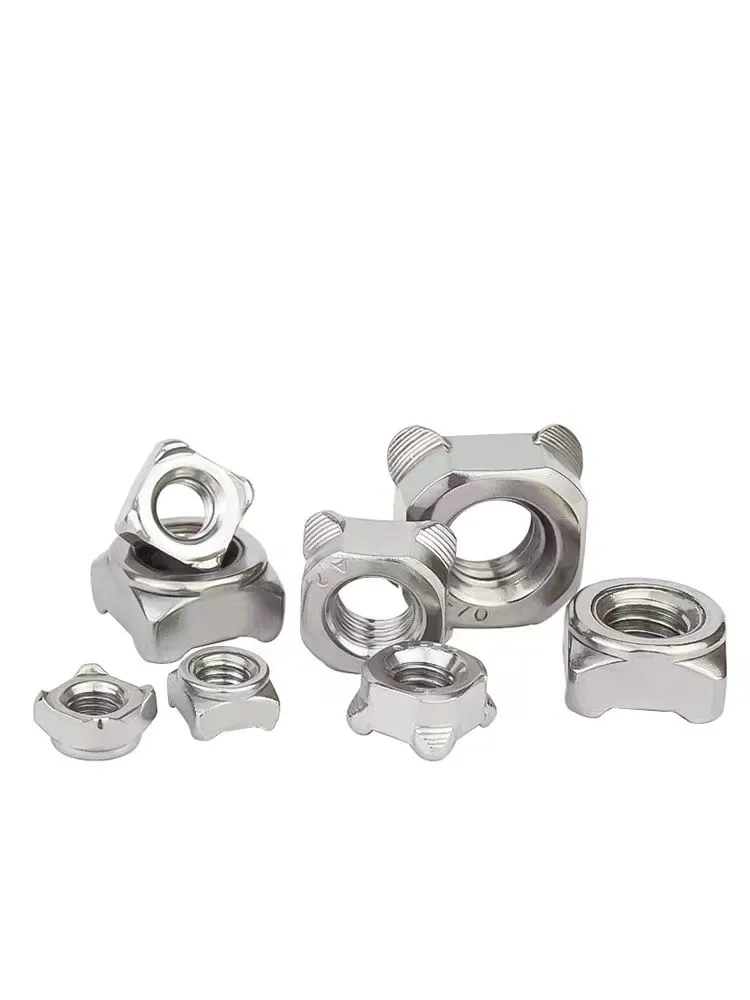

metal to metal self tapping screws
Nov . 22, 2024 20:54 Back to list
metal to metal self tapping screws
Understanding Metal to Metal Self-Tapping Screws
When it comes to fastening materials in construction, manufacturing, and various DIY projects, self-tapping screws play an essential role, especially when connecting metal to metal. This unique class of screws is designed to create their own threads as they are driven into the materials, eliminating the need for pre-drilling. In this article, we will delve into the characteristics, benefits, applications, and selection criteria for metal to metal self-tapping screws.
Characteristics of Self-Tapping Screws
Self-tapping screws are distinguished by their sharp, pointed ends, which facilitate penetration into metal surfaces. Unlike standard screws, which require a pilot hole, self-tapping screws possess a thread cutting design that allows them to carve out a path in the material they are driven into. This process is highly efficient and provides a secure hold, which is crucial when dealing with metal, known for its durability and strength.
The materials from which these screws are made are often resistant to rust and corrosion, typically stainless steel or coated metals. The choice of material is essential, particularly in environments where moisture or exposure to harsh conditions could compromise the integrity of the fastening.
Benefits of Using Self-Tapping Screws
There are several advantages to utilizing metal to metal self-tapping screws. First and foremost is the efficiency they offer. Because these screws can tap their own threads, projects can be completed more quickly, saving both time and labor costs. Additionally, they reduce the need for additional fasteners and tools, making them a cost-effective choice.
Furthermore, self-tapping screws provide a strong and reliable connection between metal components. The ability to create a custom fit enhances the structural integrity of the assembly, which is vital in applications like automotive manufacturing, metal fabrication, and construction.
Another significant benefit is the versatility inherent in self-tapping screws. They come in various sizes, lengths, and thread designs, allowing them to cater to a wide range of applications. Whether you’re working on thin sheet metal or heavier gauge steel, there’s a self-tapping screw that fits the bill.
metal to metal self tapping screws

Applications
Self-tapping screws are widely used across multiple industries. In automotive manufacturing, they secure various parts and components, ensuring that everything is held together firmly despite vibrations and movement. Similarly, in sheet metal fabrication, self-tapping screws are frequently used to assemble ductwork, frames, and panels.
In construction, these screws are invaluable for metal roofing systems and metal studs. Their ability to form strong joints makes them ideal for structures that must bear loads or withstand environmental stresses. Moreover, they are popular for home improvement projects, such as installing metal shelving or securing handrails.
Selecting the Right Self-Tapping Screw
Choosing the appropriate self-tapping screw for your project requires careful consideration. First, assess the thickness and type of metal you’ll be fastening. Different screws are designed for varying thicknesses and mechanical properties of metal.
Next, consider the coating on the screw, especially if your application is exposed to outdoor elements. Coated screws, such as those that are zinc-plated or have a galvanic finish, provide extra protection against rust and corrosion.
Lastly, think about the head style of the screw you need. Common styles include pan, flat, and hex heads, each offering different benefits in terms of aesthetics and ease of installation.
Conclusion
Metal to metal self-tapping screws are a reliable, efficient, and versatile choice for many fastening applications. Their ability to tap their own threads streamlines the installation process, while their durability and strength ensure a secure connection. By understanding the characteristics, benefits, and selection criteria of these screws, you can make informed decisions that enhance the quality and efficiency of your projects. Whether in industrial settings or home improvement tasks, self-tapping screws are a cornerstone of effective metal fastening solutions.
Latest news
-
High-Strength Hot Dip Galvanized Bolts - Hebei Longze | Corrosion Resistance, Customization
NewsJul.30,2025
-
Hot Dip Galvanized Bolts-Hebei Longze|Corrosion Resistance&High Strength
NewsJul.30,2025
-
High-Strength Hot-Dip Galvanized Bolts-Hebei Longze|Corrosion Resistance&High Strength
NewsJul.30,2025
-
Hot Dip Galvanized Bolts-Hebei Longze|Corrosion Resistance&High Strength
NewsJul.30,2025
-
Hot Dip Galvanized Bolts - Hebei Longze | Corrosion Resistance, High Strength
NewsJul.30,2025
-
High-Strength Hot Dip Galvanized Bolts-Hebei Longze|Corrosion Resistance, Grade 8.8
NewsJul.30,2025

